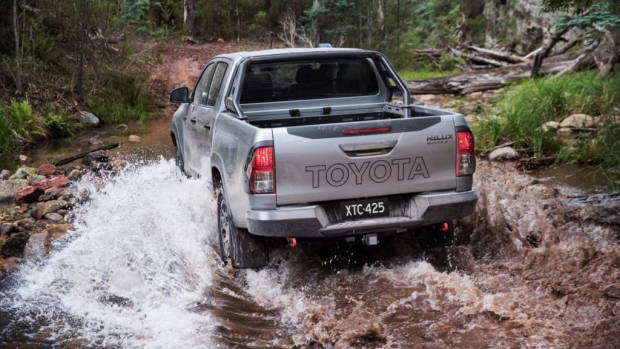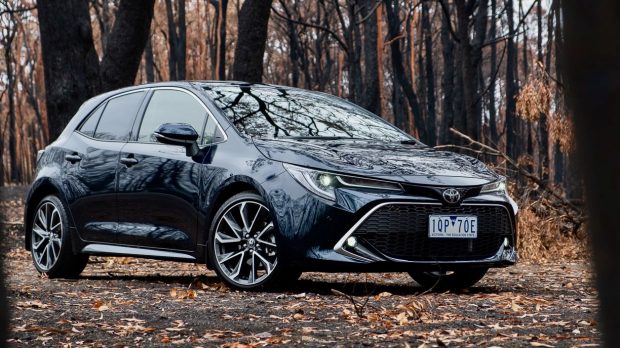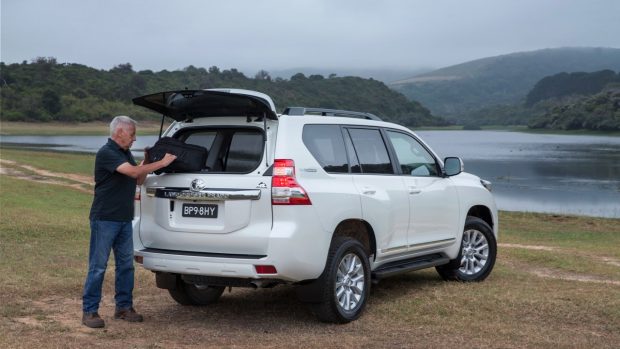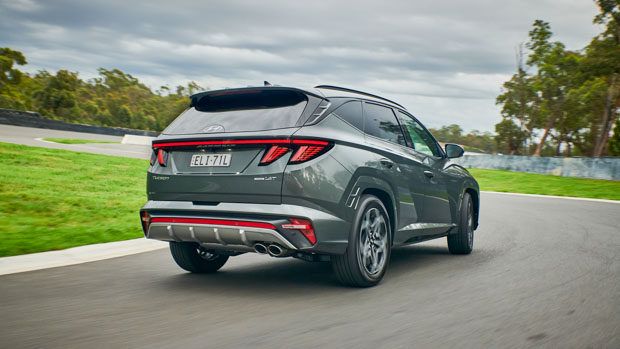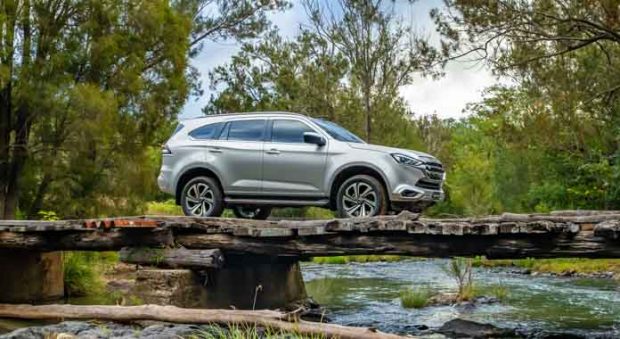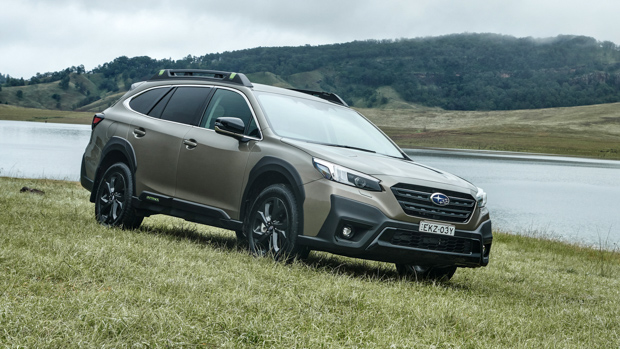-
Car Reviews
- All reviews
- Midsize SUVs
- Small cars
- Utes
- Small SUVs
- Large SUVs
- Large cars
- Sports SUVs
- Sports cars
- Vans
Latest reviews
- Car News
-
Car Comparisons
Latest comparisons
- Chasing Deals
Amid volatile national and international conditions, Australian new car sales exploded in September – up more than 21 percent when compared to the same time last year.
The month of September 2021 has seen the Ford Ranger ute assume its position back on the top of the ladder as the best-selling vehicle in Australia.
With a total of 4192 sales recorded, the Rangerbeat out the near-unstoppable Toyota Hilux ute (3635), despite Ford preparing to replace the aging T6 ute with a new model later this year.
Both utes are up on their equivalent sales figures in September 2020, which was representative of an overall healthier Australian market that was up 21 percent as a whole.
Sales in Victoria were particularly strong despite a lengthening COVID-19 lockdown, with buyers snapping up 96 percent more vehicles in September than the same time last year.
The same could not be said for NSW and the ACT – jurisdictions also in pandemic lockdowns– which saw sales 8 percent and 35 percent lower than this time in 2020 respectively.
Alongside lockdowns, manufacturers are contending with ongoing shortages of semiconductors, which have left many carmakers unable to meet demand and sales have suffered as a result.
The Toyota Corolla small car had a strong showing with buyers, more than doubling its September sales from last year to record 3487 by the end of the month, while filling third place overall.
Despite being plagued by long waiting lists, the Toyota RAV4 midsize SUV managed to nab fourth with 3390 sales, ahead of a model facelift that will arrive in Australia early next year.
Securing fifth place was the Toyota Land Cruiser Prado large SUV that more than doubled its sales from last year with 2173 sold to customers ahead of the Hyundai i30 hatch and sedan in sixth with 2034 sales.
Now making a regular appearance in the top ten is the Isuzu D-Max ute, which nabbed seventh with 1833 sales, followed by the Toyota Camry with 1610 sales representing a rare success for the declining sedan segment.
Slightly down on its results last year was the Toyota Land Cruiser large SUV which recorded 1541 sales in ninth place, that can mainly be attributed to the 70 Series wagon and ute as Japanese giant prepared to launch the new 300 Series later this year.
With six vehicles securely inside the top ten, it represents an impressive showing for the Toyota Australia Motor Corporation that recorded its best September year-to-date result since 2008 with a total of 176,771 sales.
In tenth place was Mitsubishi’s popular small SUV the ASX with 1489 sales and was just ahead of the Mazda BT-50 ute with 1444 sales recorded.
Hyundai’s new Tucson midsize SUV has enjoyed healthy growth and sits at 1416 with its now completed line-up that was delayed by chip shortages. The Korean brand is aiming to boost the appeal of its popular family SUV with a hybrid model, though this is yet to be locked in.
Sitting agonisingly close behind was the Mazda CX-5 midsize SUV with 1415 sales, a dip of just over 300 sales when compared to this time last year, as the brand prepares to launch a facelifted model early next year.
The Kia Cerato was also down on its September 2020 figures with 1317 sales, though it’s difficult to say how much can be attributed to the recent semi-conductor shortages.
In 15th place was the Toyota Hiace van with 1308 sales after it was given a number of new features earlier this year, followed by the Isuzu MU-X large SUV (1297) that was recently awarded a five-star safety rating by ANCAP.
While unable to replicate the result of the more affordable RAV4, the Toyota Kluger was the best-selling unibody large SUV with 1266 sales and was the 17th most popular vehicle in Australia overall.
Not far behind was the Subaru Outback (1162) which was introduced earlier this year, and recorded just one more sale than the MG ZS (1161) which is available in petrol and fully electric variants.
Rounding out the top 20 was the MG 3 hatch, which continues to be a strong seller for the Chinese brand despite the recent price increases.
Latest news
About Chasing cars
Chasing Cars reviews are 100% independent.
Because we are powered by Budget Direct Insurance, we don’t receive advertising or sales revenue from car manufacturers.
We’re truly independent – giving you Australia’s best car reviews.
